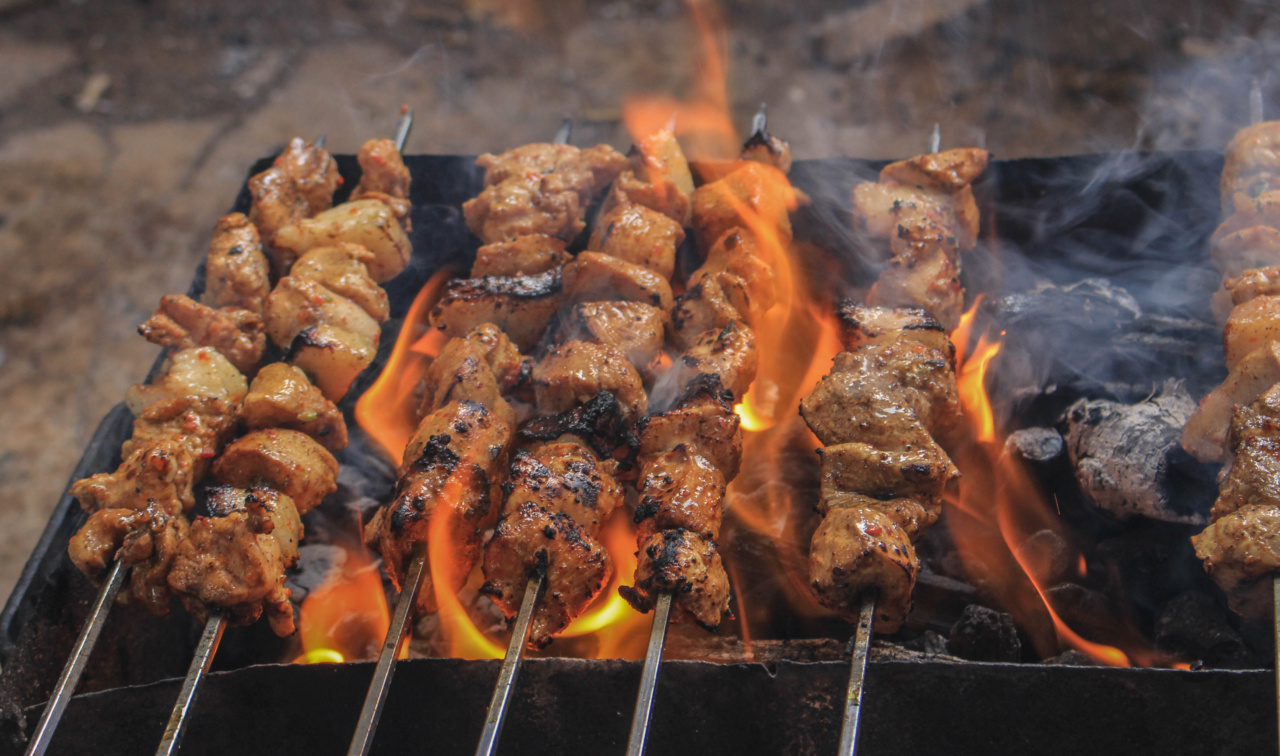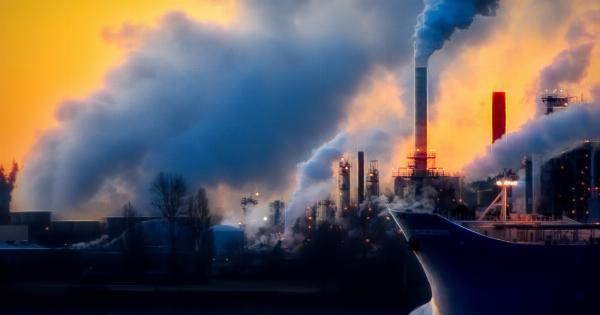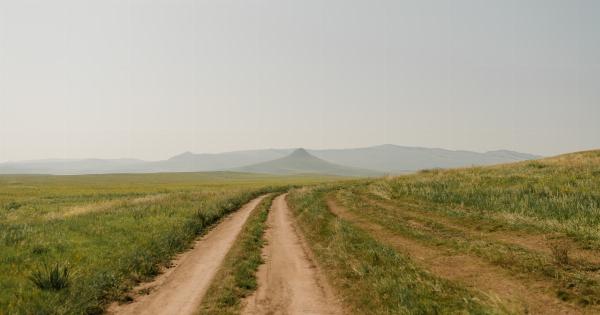Grilling season is here and for many people, cooking over charcoal is a summertime ritual. However, while the smell and taste of grilled food are alluring, it is important to recognize the dangers that come with cooking with charcoal.
While many people enjoy grilling, they may not realize the risks they’re putting themselves and their families at by doing so. Cooking with charcoal has several hazardous effects to people’s health and the environment.
Carbon Monoxide Poisoning
One of the dangers of cooking with charcoal is carbon monoxide poisoning. Carbon monoxide isn’t something you smell, taste, or see. It’s a colorless, odorless gas that is produced when charcoal is burned. When inhaled, carbon monoxide can be lethal.
This gas is known for clogging red blood cells, causing them to carry less oxygen to the body’s tissues and organs. Cooking with charcoal in an enclosed area like a garage can cause carbon monoxide build-up, affecting the people in the house or apartment. It is essential to keep grilling outside or, if indoors, to open windows and have proper ventilation.
Cancer
Cooking with charcoal releases cancer-causing substances called polycyclic aromatic hydrocarbons (PAHs). According to many studies, PAHs are known carcinogens that have been linked to increased risks of breast, lung, and prostate cancer.
When fat from meat drips onto hot charcoal, it creates hazardous substances called heterocyclic amines (HCAs). HCAs are also considered carcinogens and have been linked to several types of cancer. To avoid these harmful substances, it is necessary to avoid charring or burning food on the grill.
Air Pollution
The smoke that comes from cooking with charcoal is high in particulate matter, released into the air, which is harmful to the environment and can cause respiratory problems.
Charcoal grilling produces 11 pounds of particulate matter in an hour, which causes haze, acid rain, and contributes to climate change. Additionally, wildfires that start from outdoor cooking practices contribute to the release of greenhouse gases that lead to global warming.
Fire Hazard
Grilling with charcoal requires an open flame of high heat, which poses an increased risk of fire in dry or windy conditions. Igniting the grill with lighter fluid or gasoline can lead to a dangerous and explosive situation.
Flames can quickly get out of control and ignite nearby items, leading to property damage, injury, or even death. Always follow the manufacturer’s instructions for lighting and use a fire extinguisher close by.
Injury and Burns
Grilling with charcoal can cause severe injury and burns. Accidents can happen due to high heat or open flames, and proper safety precautions should always be taken.
Children are at a higher risk of injury, and adult supervision is always needed when using an open-flame grill. Protective gloves and long utensils should also be used to avoid burns when cooking and handling hot charcoal.
Safety Tips for Cooking with Charcoal
The risks associated with cooking with charcoal should not deter anyone from enjoying a summer cookout. However, it’s important to take necessary safety precautions to ensure nothing distracts from the fun.
Here are some essential safety tips for using a charcoal grill:.
- Grill outdoors or in a well-ventilated area, away from an enclosed space.
- Be sure the grill is stable and cannot tip over.
- Use long utensils and protective gloves when handling hot charcoal.
- Follow the manufacturer’s instructions for lighting the grill.
- Keep a fire extinguisher close by in case of an emergency.
- Avoid using lighter fluid or gasoline to light the charcoal.
- Don’t leave the grill unattended while it is in use.
- Keep children and pets away from the grill when it’s in use.
- Clean the grill after each use to avoid flare-ups or fires.
Conclusion
The joy of grilling and enjoying a meal outdoors can be experienced without taking undue risks. By following safety tips, users can ensure that cooking with charcoal is safe for both their health and the environment.
Air pollution, carbon monoxide poisoning, and injury are some of the hazards that can occur while cooking with charcoal. Grilling safely and responsibly can help mitigate those dangers and keep everyone safe while enjoying a delicious meal.



























